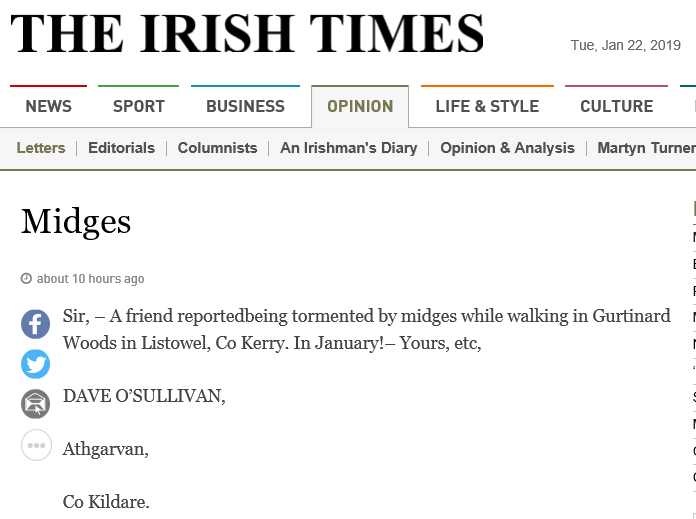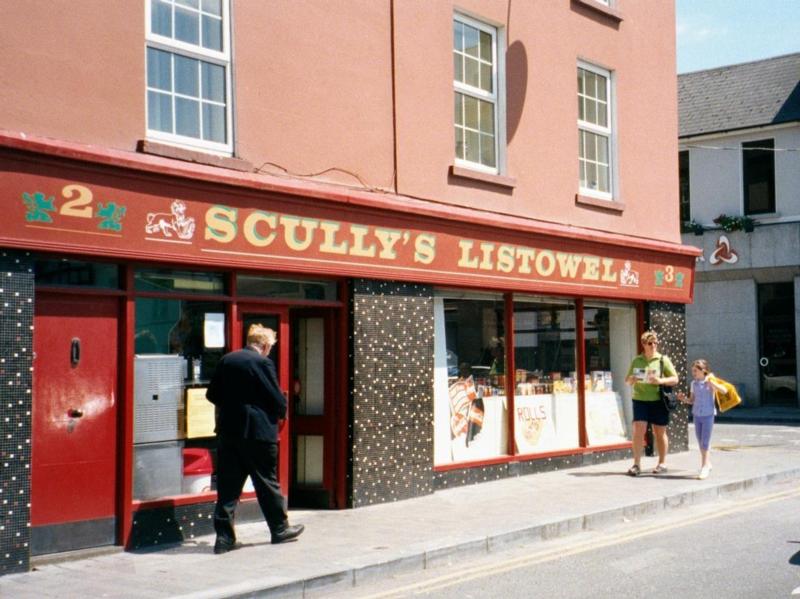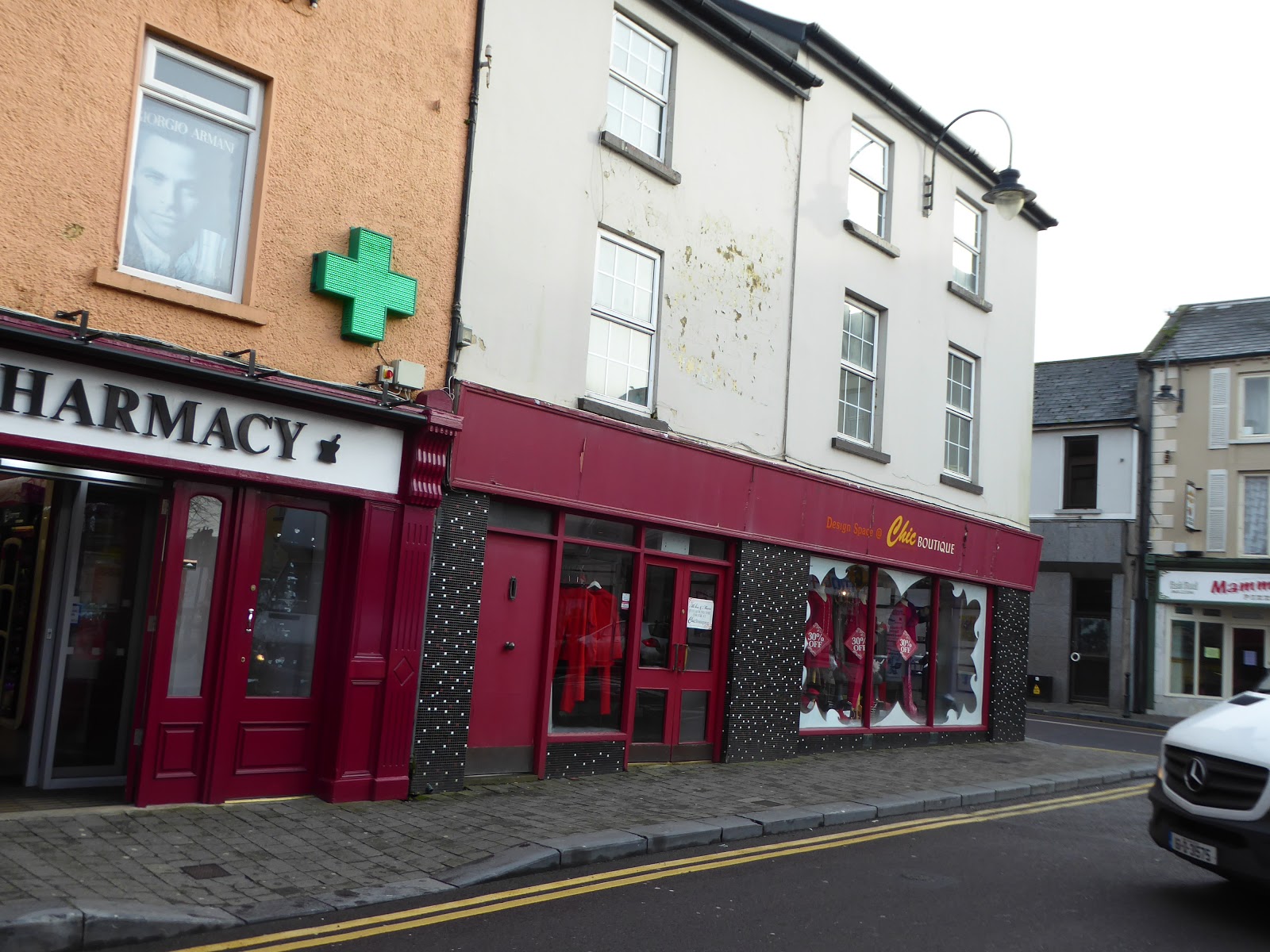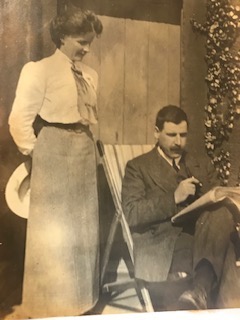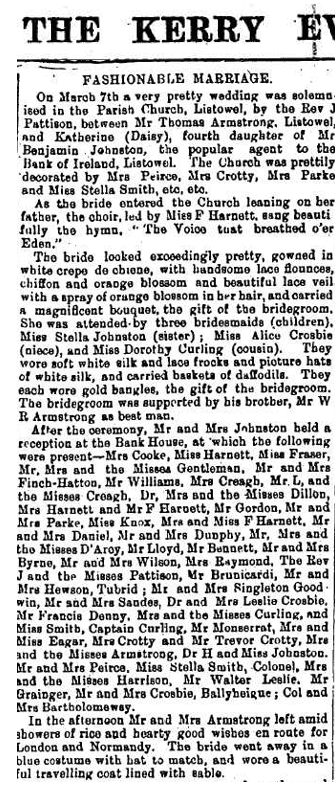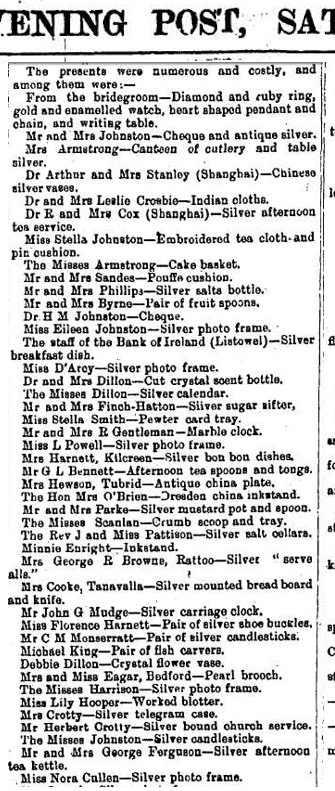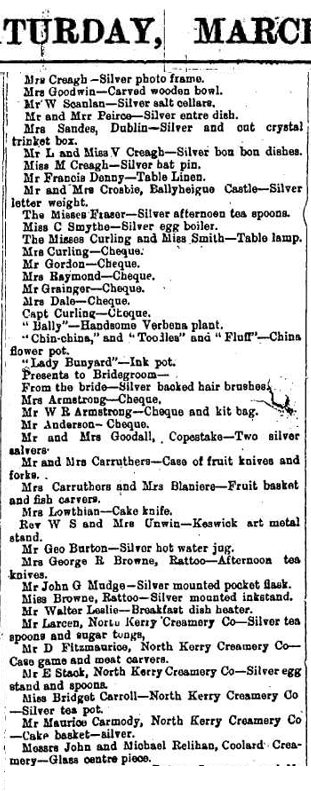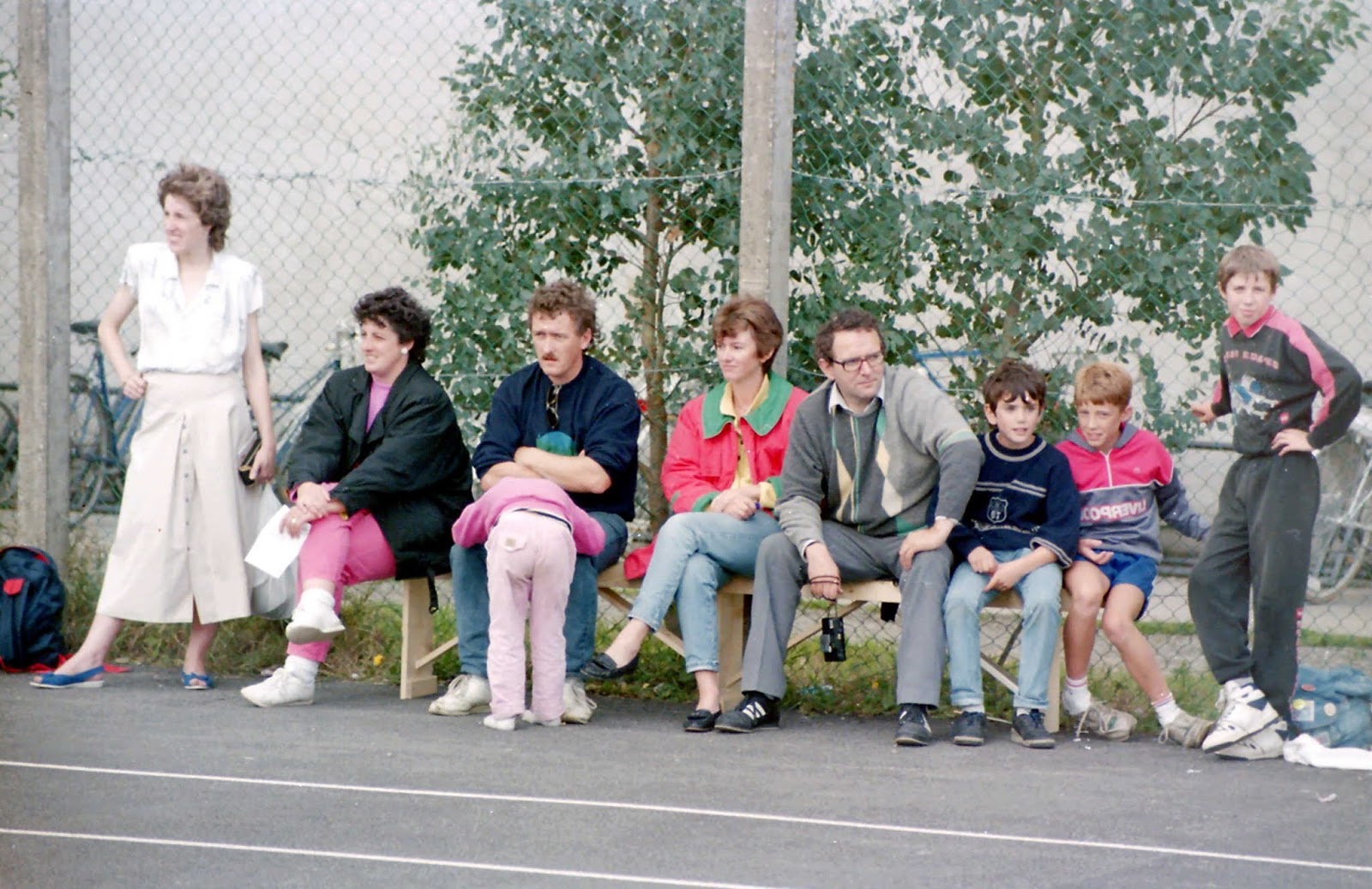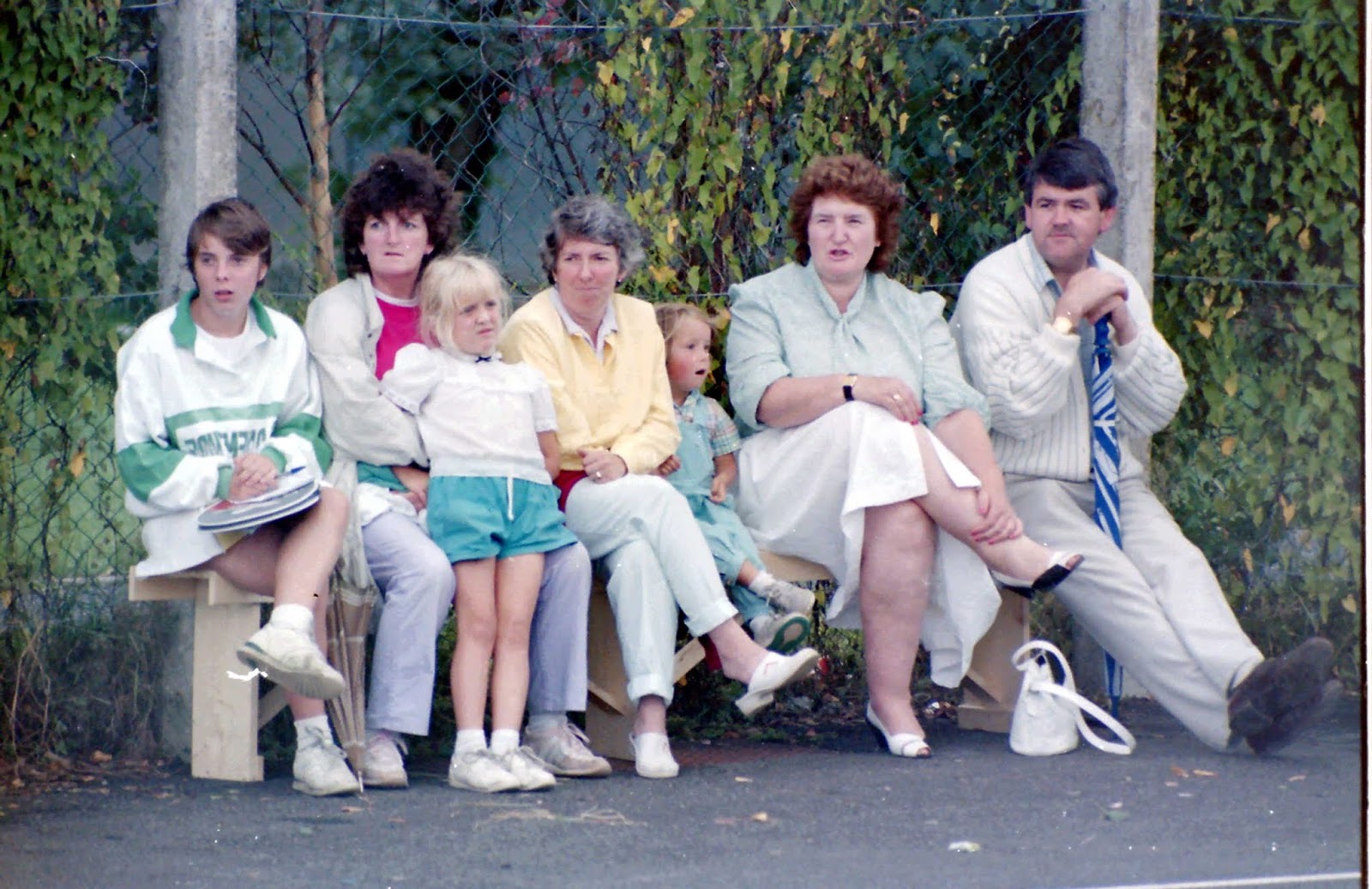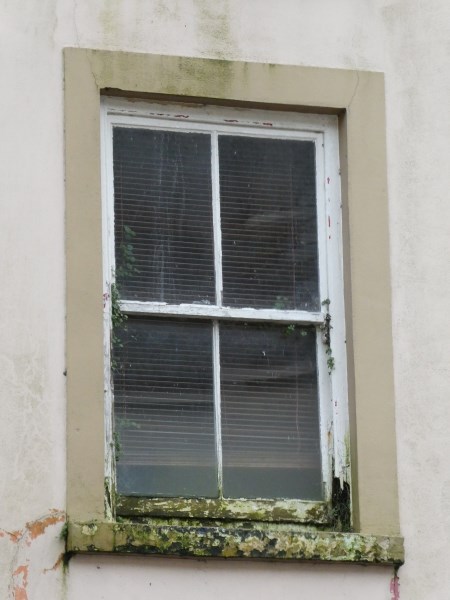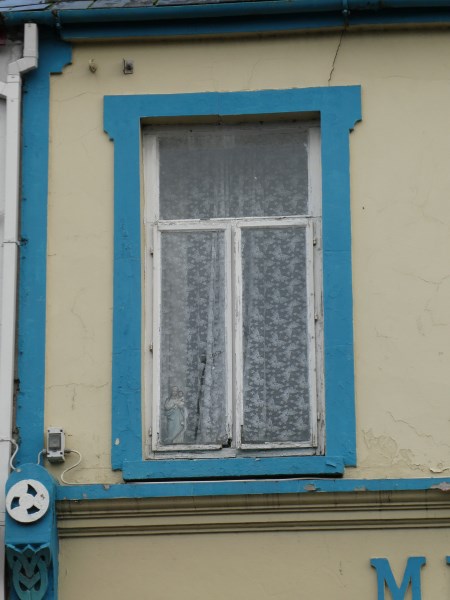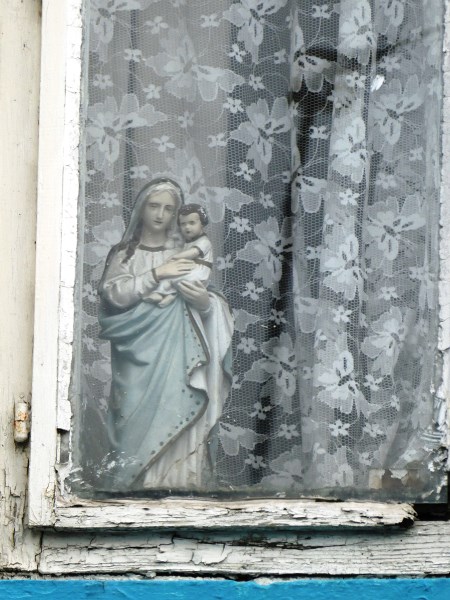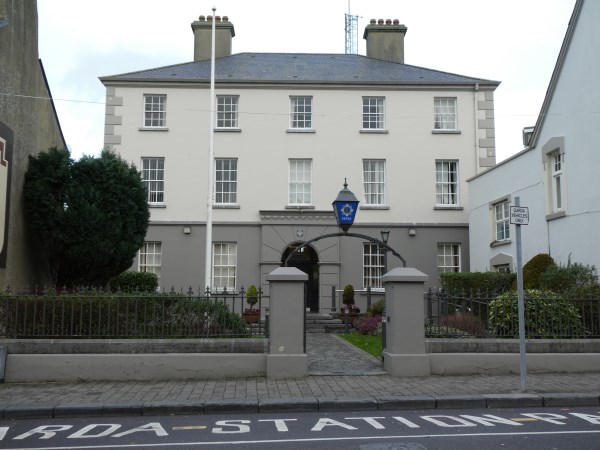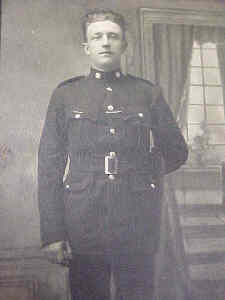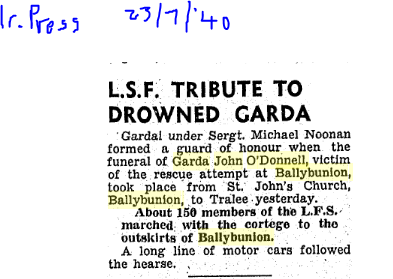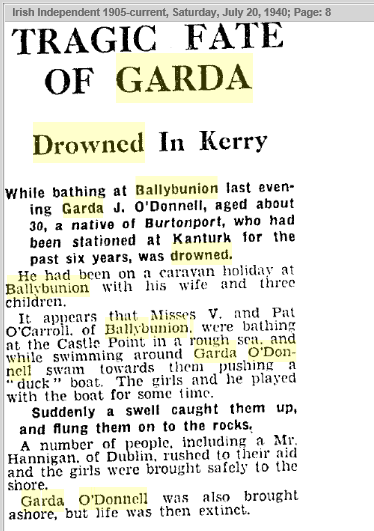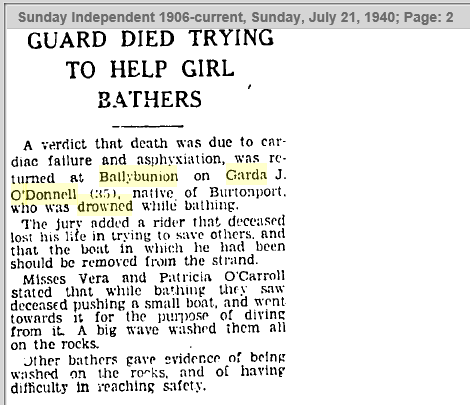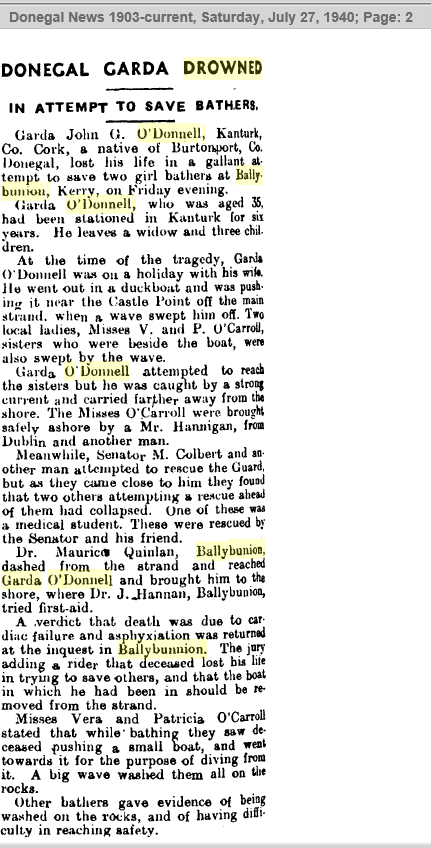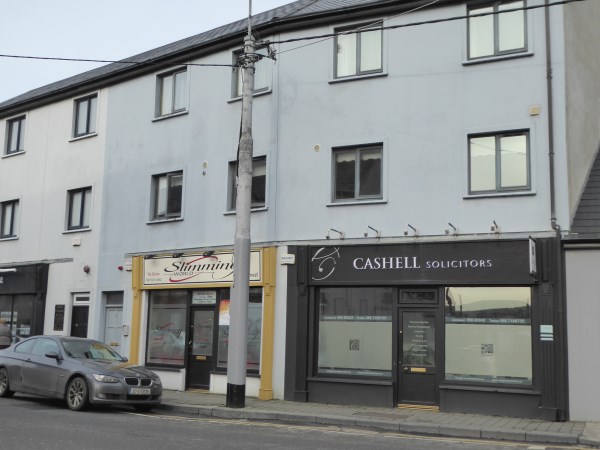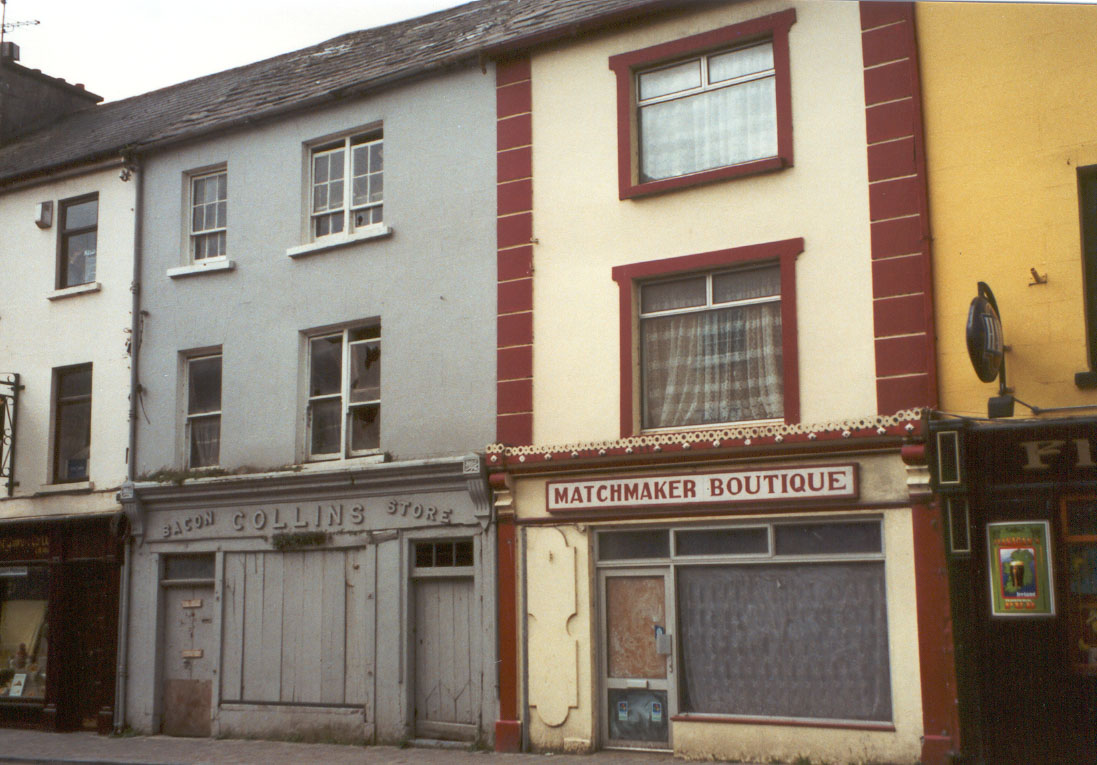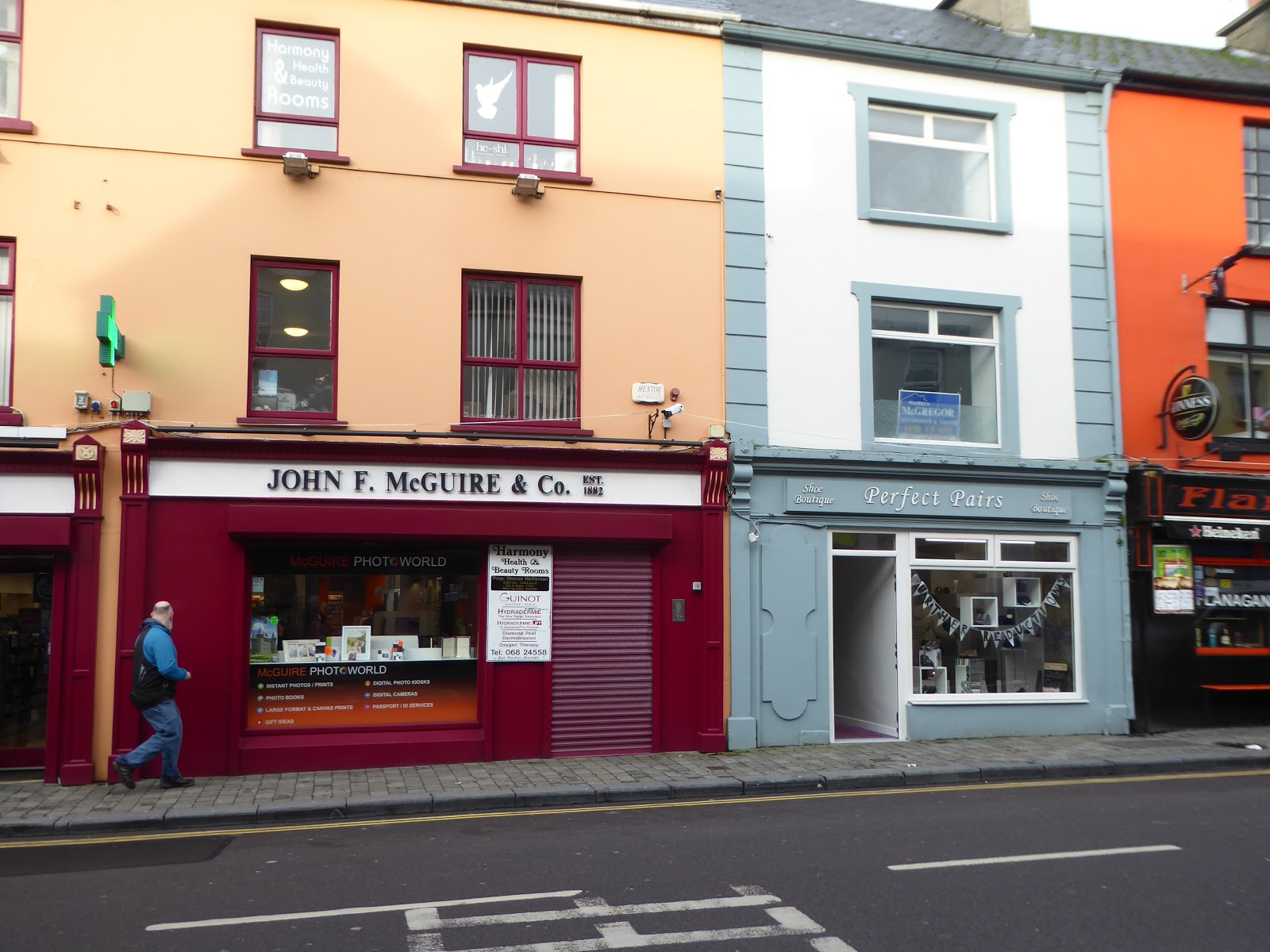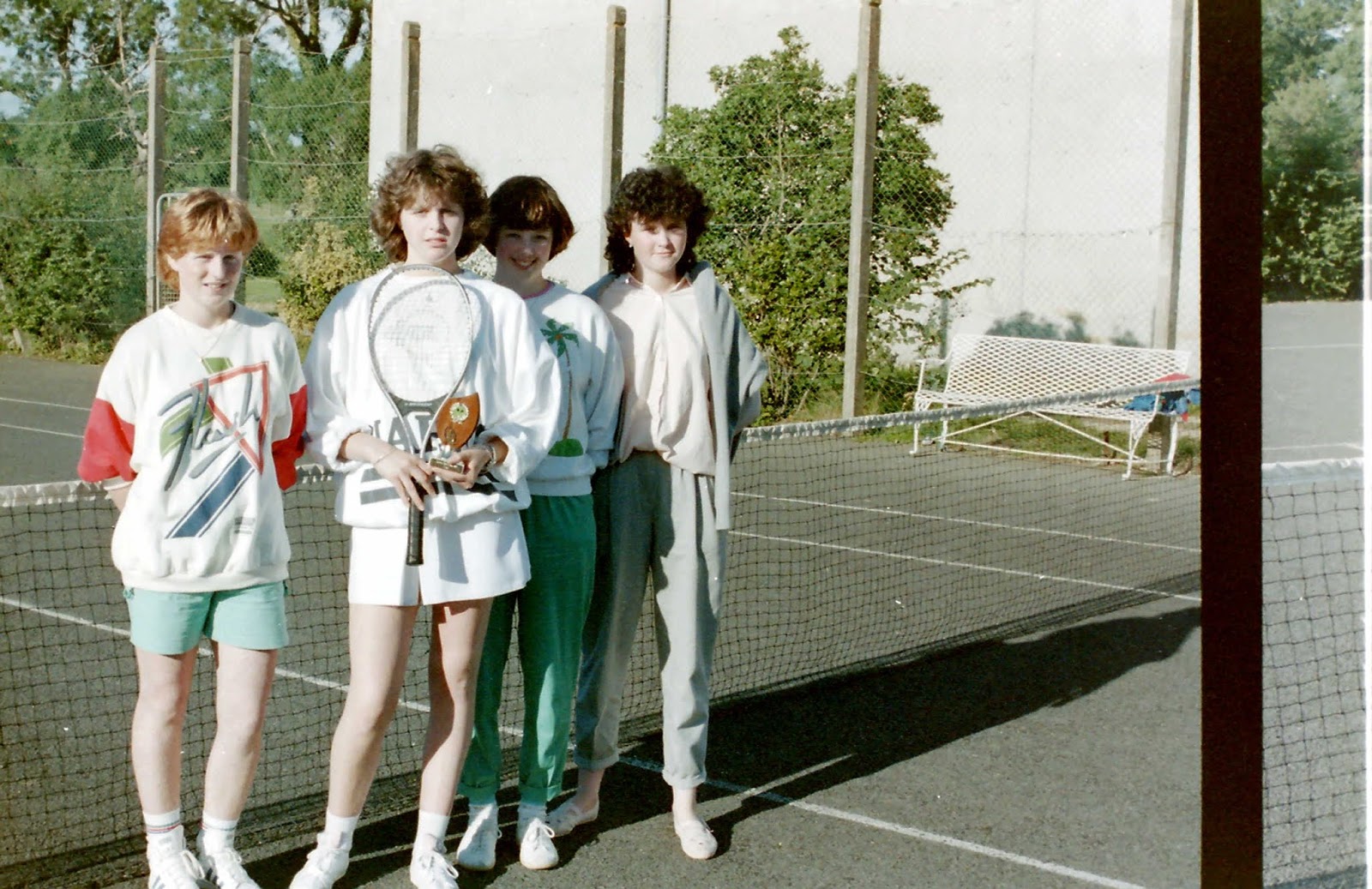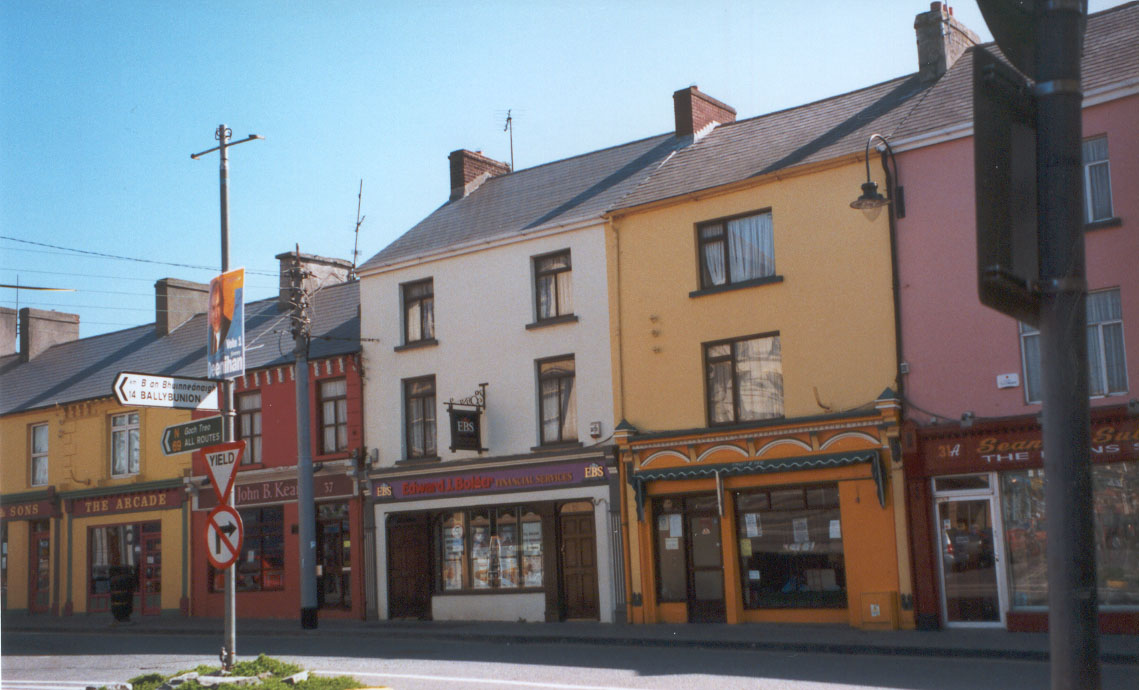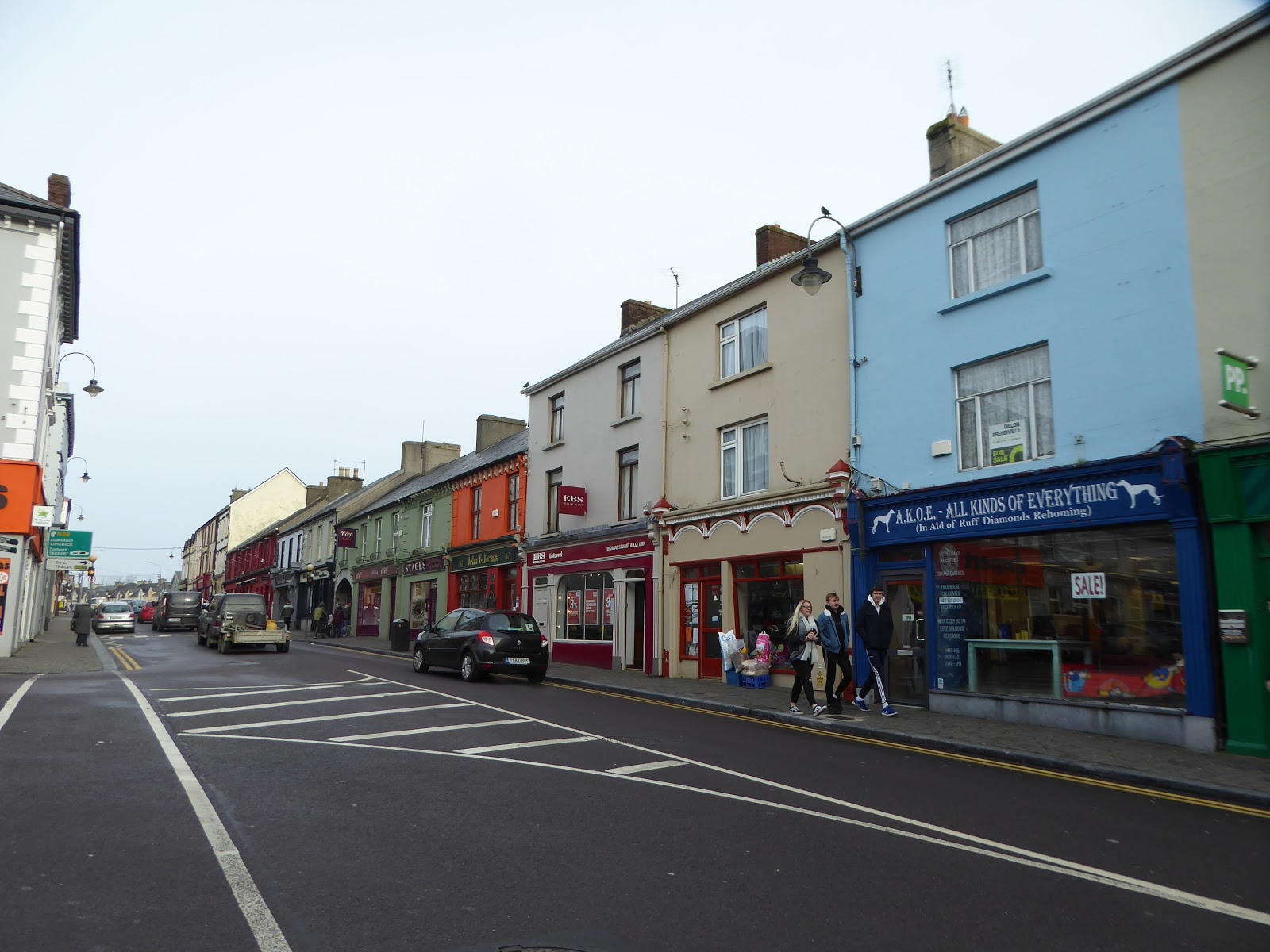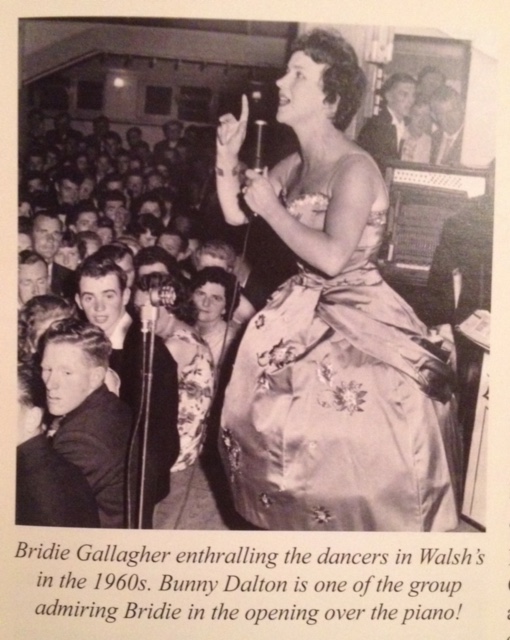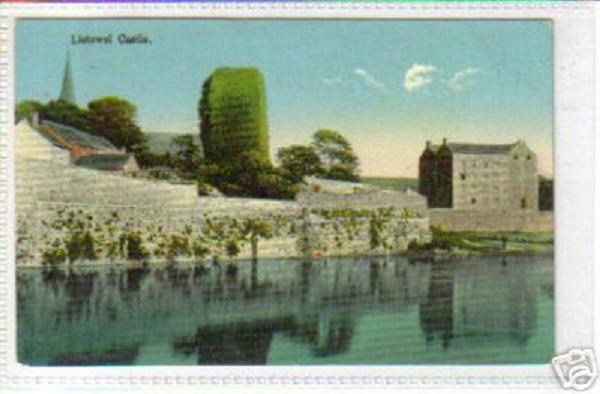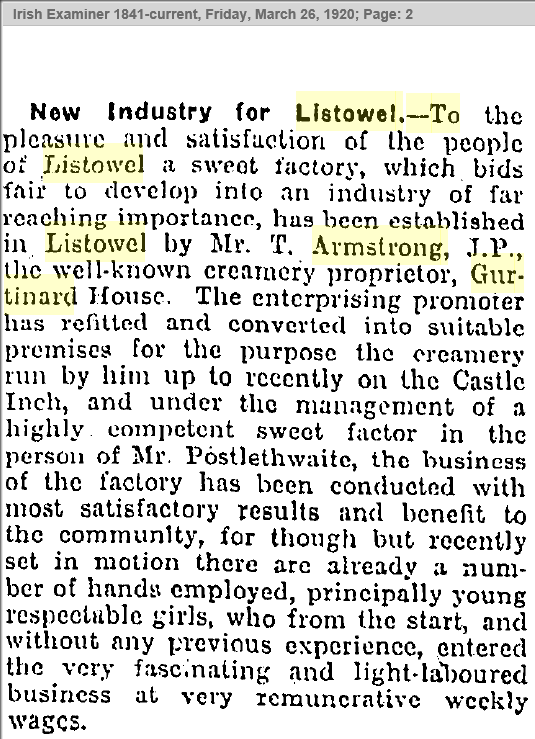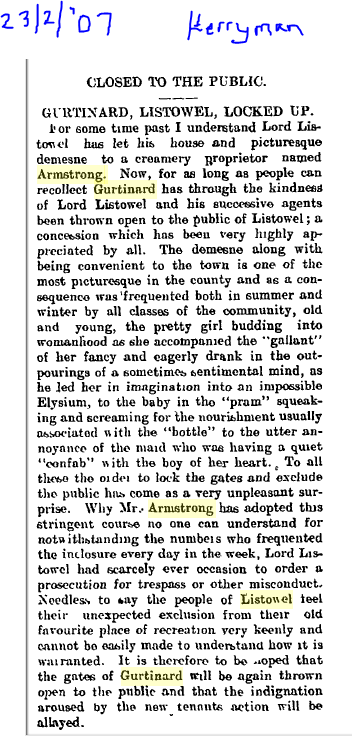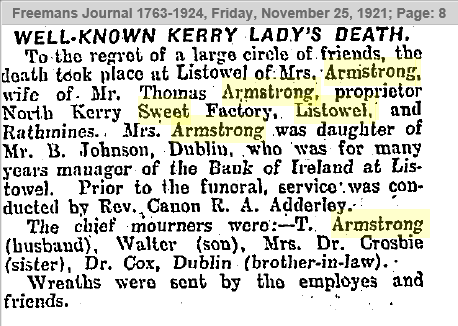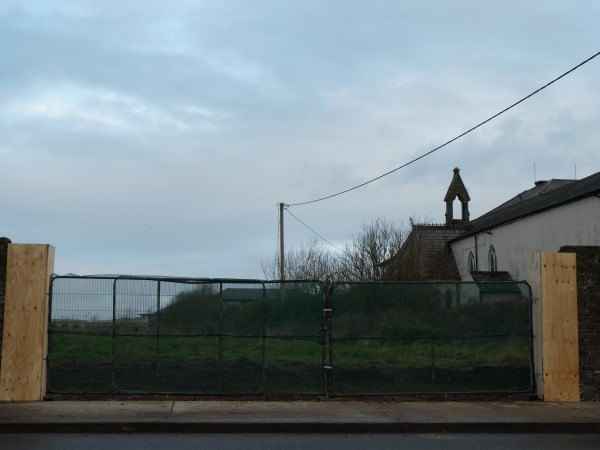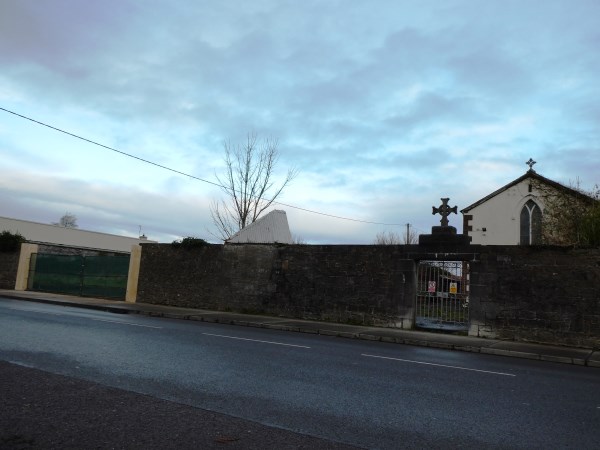
Our lovely town has been chosen to represent Ireland in the Entente Flotale competition.
<<<<<<<<
Listowel Juvenile Tennis in the 1980s
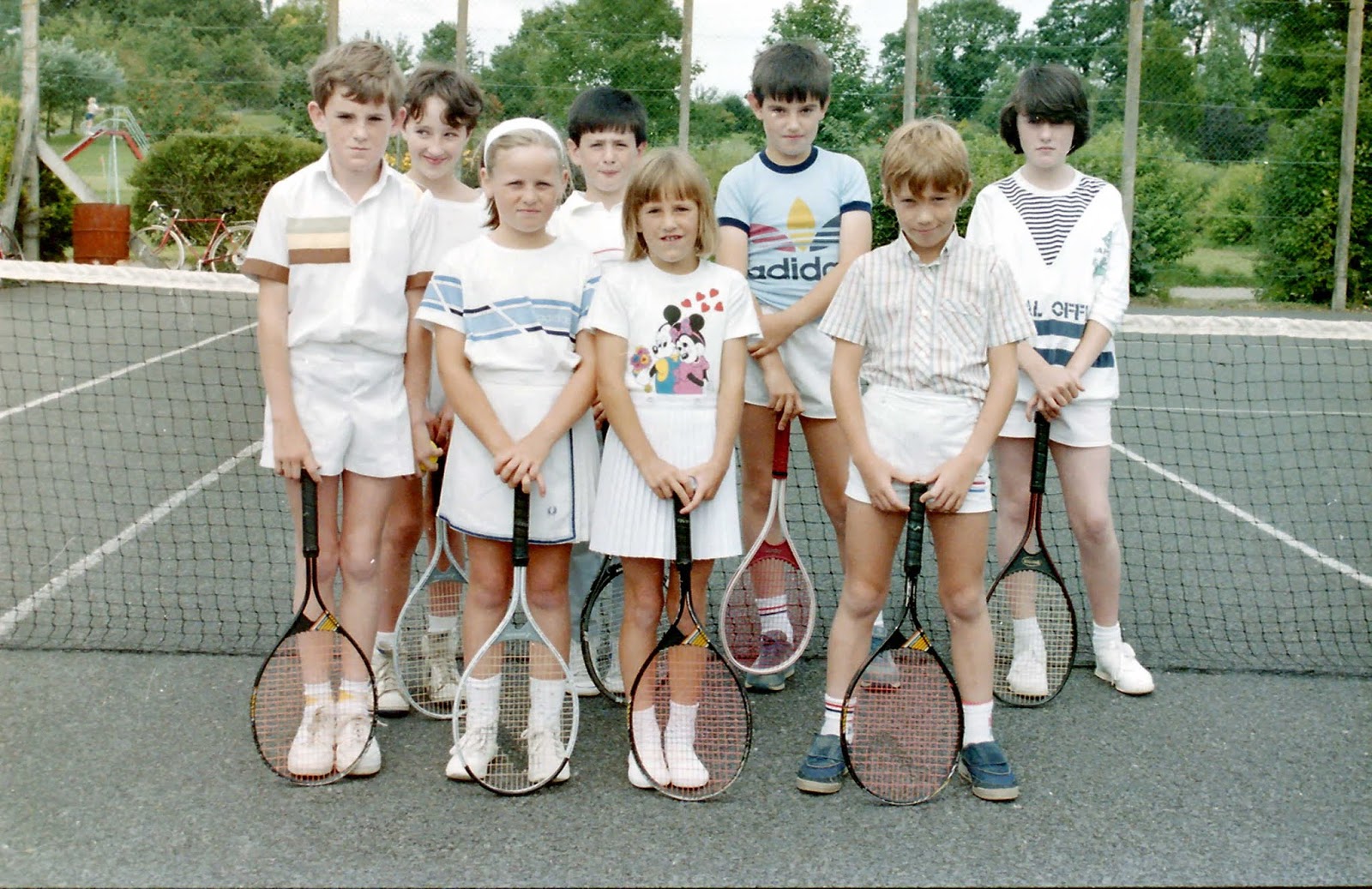
Photo: Danny Gordon
<<<<<<
David Browne’s tribute to Ballybunion
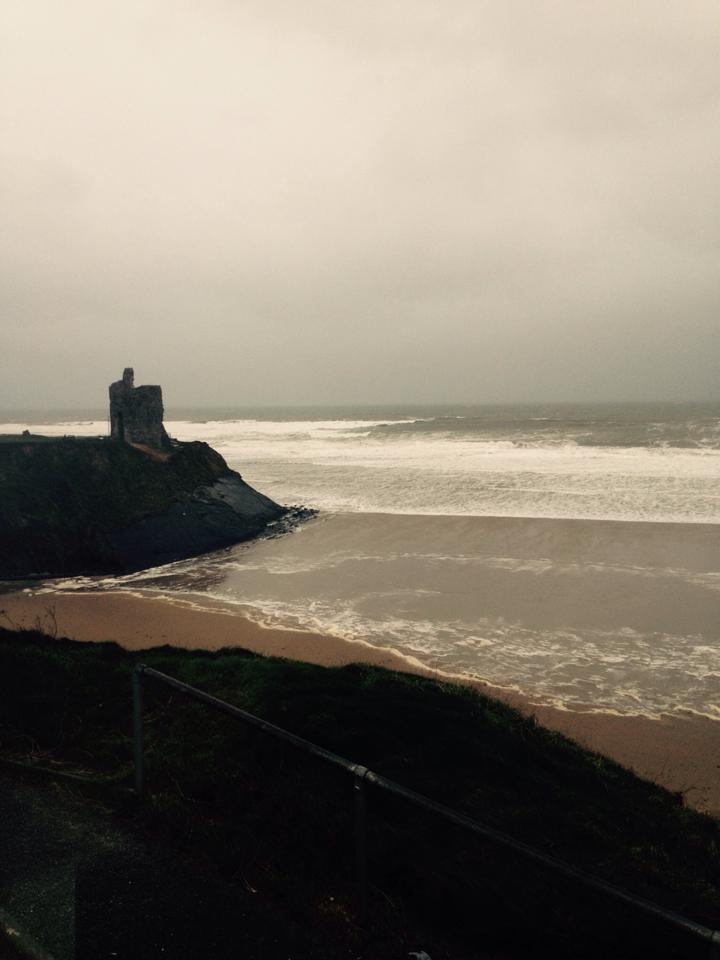
Ballybunion yesterday
Billowing winds, skimming the surface of the dark gray sea.
Churning the water, forceful and wild.A distant howling, the promise of an untethered force.
Swirling mute skies, the storm approaches.
Gathering pace, gathering noise.
Waves rising higher, crashing from their peak,
to the foamy wash below.
She will take no prisoner’s, have no mercy.
Arc’s of silver flash in the distance,
into the depth’s of the angry sea.
A building crescendo of deep, growling,
closer, closer.
Mother nature, she reigns supreme,
ethereal, powerful, a universal queen.
<<<<<<<<
All Night Dances
Once upon a time there were dance halls at many cross roads. Also people held dances in their houses or barns and these were a place where young people met to meet the opposite sex.
The clergy had very ambivalent attitudes to these dances. They were a very useful means of fundraising for parish purposes like church upkeep and schools. On the other hand priests feared that these dances were “an occasion of sin.”
Of course any dancing was 100% prohibited during Lent.
Here are a few extracts from newspaper reports.
Dance halls should be closed at 11pm at latest – otherwise, they (are) a menace to morality.” Bishop Patrick McKenna of Clogher didn’t mince his words.
All night dances, he said, were in direct opposition to the teaching of the church. “He was informed,” reads a report in The Irish Times in May 1935, “that young people left these halls at a late hour and went to lonely roads”.
“In this way, dance halls were conducive to temptation and were an occasion of sin. No all-night dances should be held, except with special permission of the parish priest,” said the bishop, speaking outside a confirmation in Bundoran, Co Donegal.
“He exhorted Catholics to put their heads together, and even if it meant monetary loss, to put a stop to the evil of all-night dances.”
It was the last time his name popped up in The Irish Times archive in the context of dance halls, but it wouldn’t be the last time clergymen in Irelandmade an opposition to late dances, or the granting of licences to hold dances at all.
The dance hall act of 1935 brought in rules for the running of dances under licence. Anyone could go to court to oppose the granting of the licence. This “anyone” was often the parish priest.
In a case at Listowel in September, 1936, frequent opposer Fr Browne suggested dances only be held from 6pm until 9pm.
“Dance Halls in England closed at 11pm, and apart from the question of morality, people could not work properly if they were dancing all night,” he reasoned, according to an Irish Times report.
The priest was wary, in particular, of outsiders – “devils”, as he saw them.
“Persons who came to these dances from outside towns in motor cars were scoundrels of the lowest type, and were devils incarnate,” he said.
There was absolutely no need for all-night dances in country places, and there was only one way to deal with them, as the soupers were dealt with in the olden times – by excommunication. Dance halls were the curse and ruin of the country, and when the people were being demoralised the end is near, and so is the anger of God.”
“Man is a sociable animal,” the judge replied, “and he must find some sort of reasonable satisfaction for his social appetite.” The judge granted the dances until 10pm, but bowed to the priest’s demand that nobody from outside a three mile radius be allowed attend.
At Listowel District Court in November 1936, Fr Browne makes yet another appearance, this time alleging that one dance hall proprietor had no care for the “lives and morals” of the attendees. “There were human vultures coming in motor cars to these halls from outside places,” he said, reiterating his hatred of outsiders.
“They sometimes visited more than one hall and after the dance spent their time with servant girls and farmers’ daughters.”
The priest said he “read a report from Liverpool society for prevention of international traffic in women and children, which stated that Irish girls went over to Liverpool, hoping to find work, some with only the clothes they wear. They might as well face the facts that through the dance hall and bar regulations these girls had been made familiar with vice.”
As long as dance halls were given late licences, he said, parents were helpless in preventing this “degradation”.
<<<<<<<
Yee Haw!
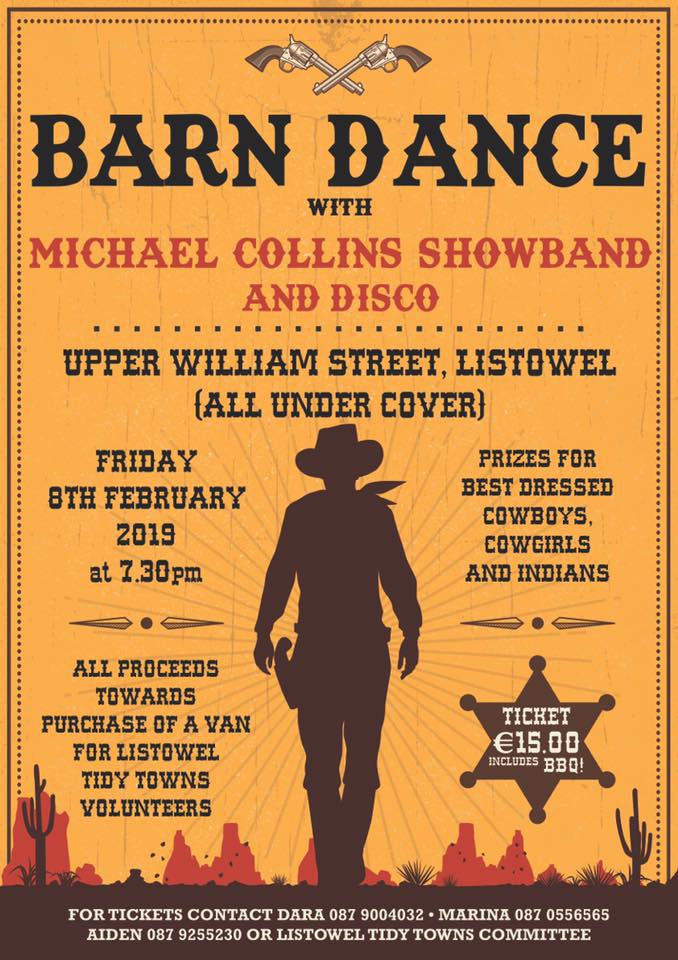
<<<<<<<
I Inspired a Letter to the Irish Times
